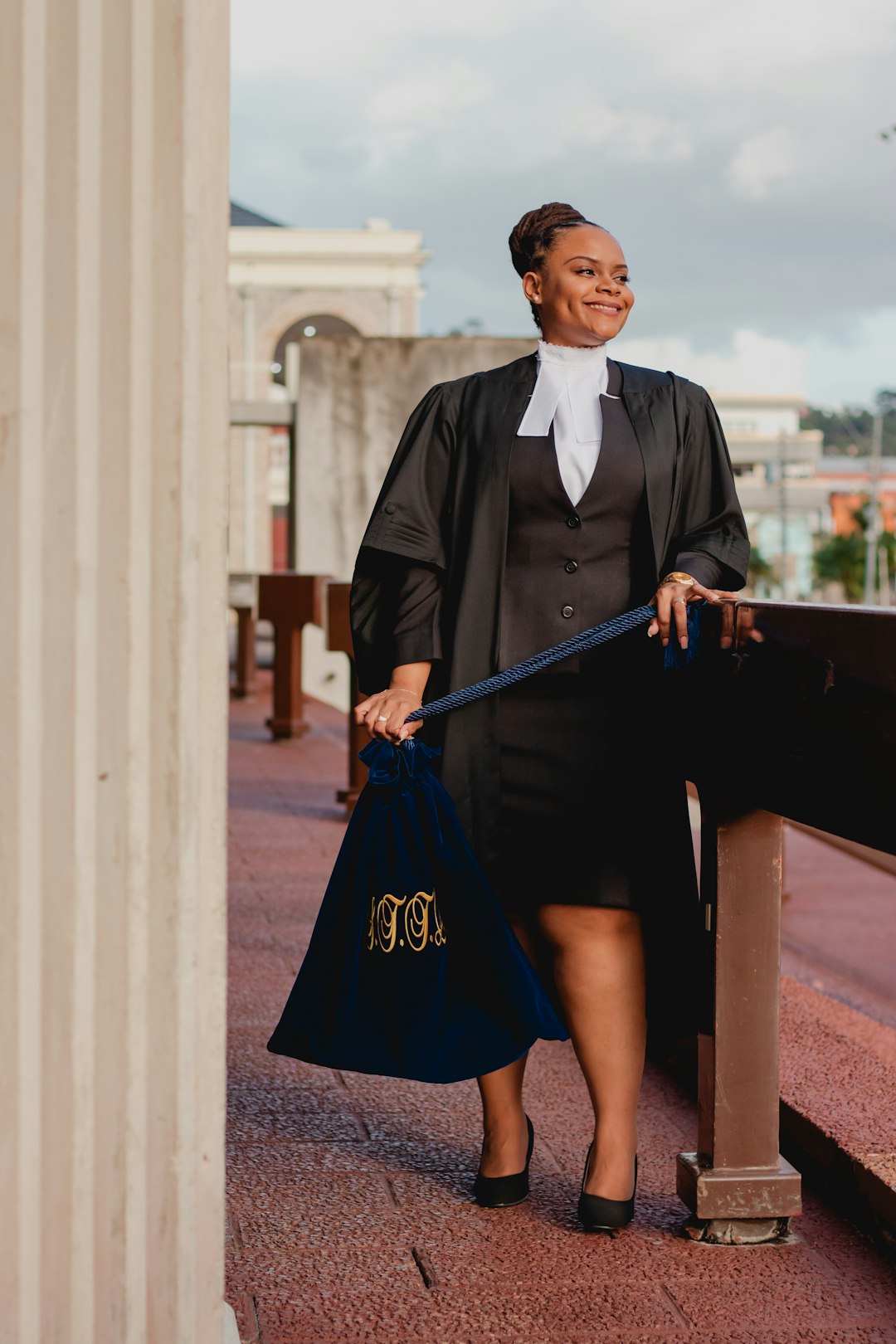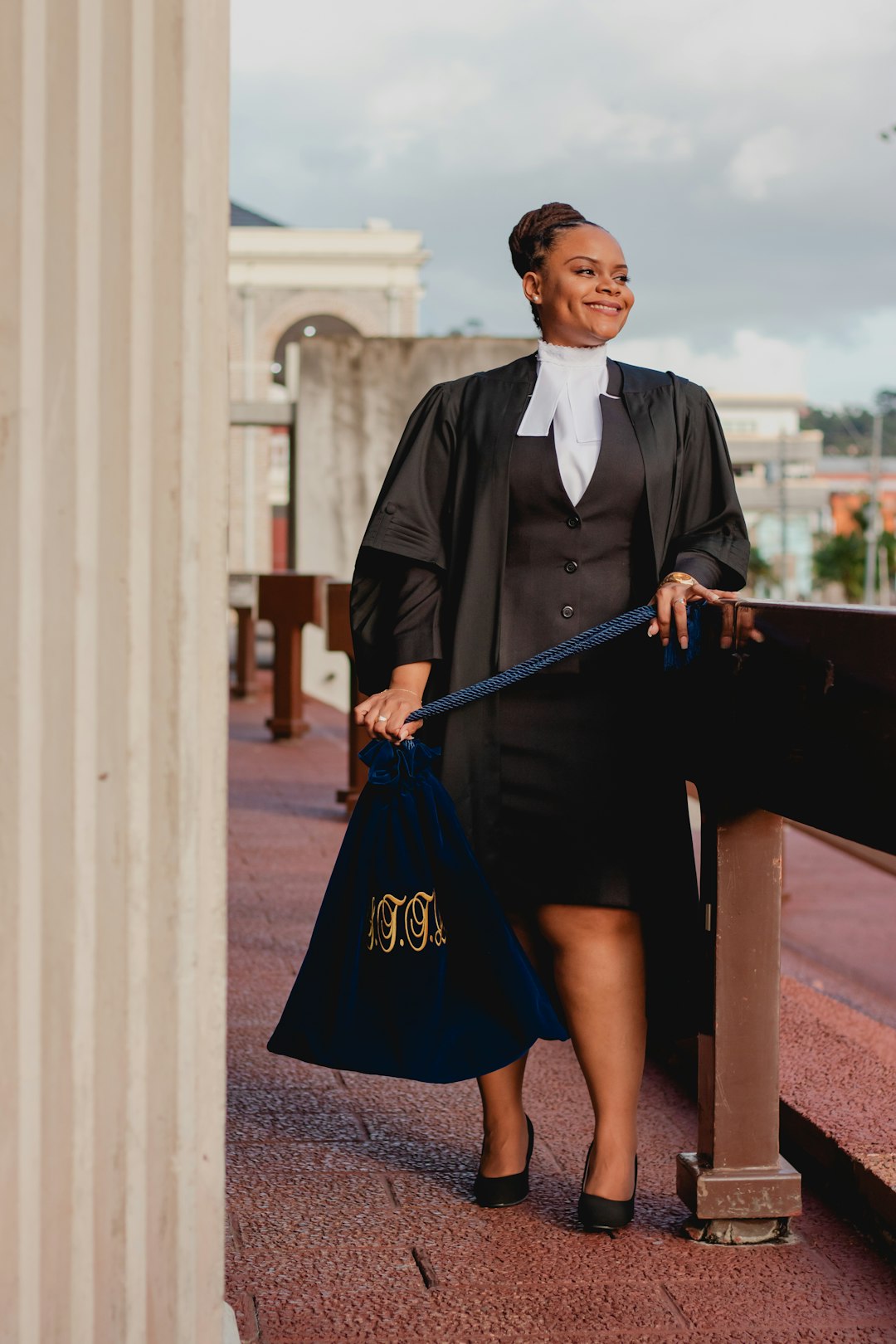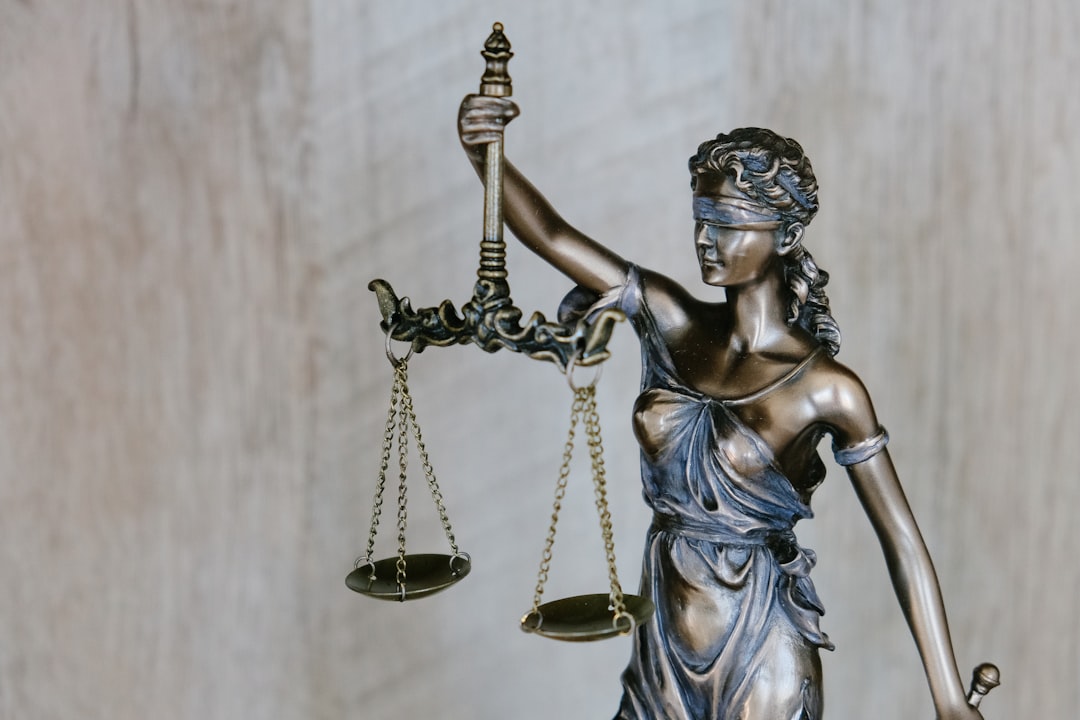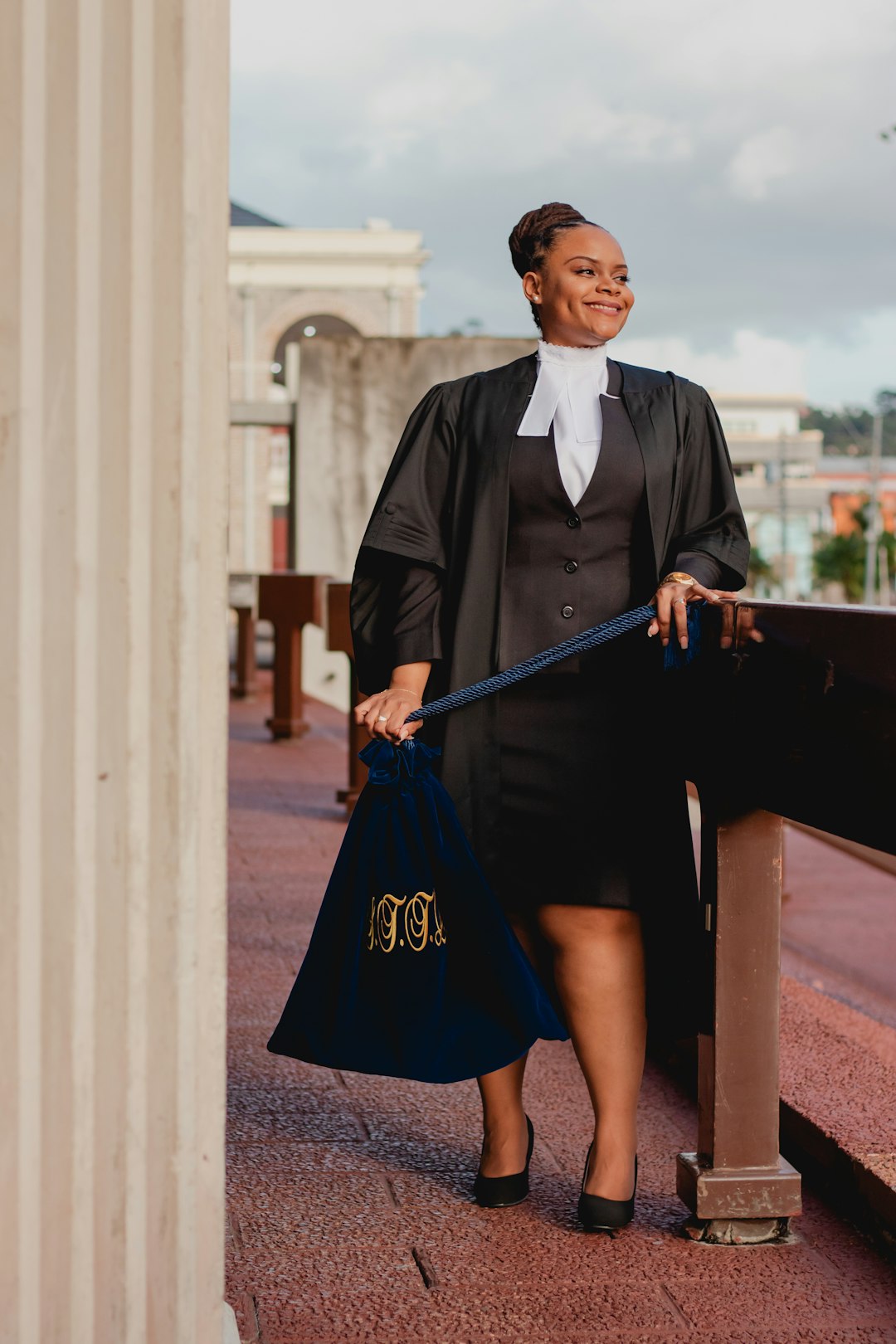In Georgia, addressing sexual abuse cases is paramount, with robust legal protections in place to support survivors. Understanding the state’s specific laws is crucial when seeking justice. If you’ve experienced sexual abuse, finding a qualified sexual abuse lawyer in Georgia can navigate complex legal processes and ensure your rights are protected. This comprehensive guide explores what to expect, from recognizing a skilled attorney to knowing your rights and available resources, empowering survivors on their path to healing and accountability.
Understanding Sexual Abuse Laws in Georgia

In the state of Georgia, sexual abuse laws are designed to protect victims and hold perpetrators accountable. If you or someone you know has experienced sexual abuse, it’s crucial to understand the legal options available. A sexual abuse lawyer in Georgia can guide you through the complex legal system and ensure your rights are protected. They can help with understanding the statute of limitations, gathering evidence, and navigating the court process.
The laws in Georgia cover various forms of sexual misconduct, including assault, harassment, and exploitation. It’s important to recognize that these laws vary by jurisdiction and can change over time. A qualified sexual abuse lawyer will be well-versed in these nuances, providing expert advice tailored to your specific situation. They can assist in pursuing justice, seeking compensation, and ensuring the abuser faces consequences under Georgia’s sexual abuse legislation.
What to Look for in a Qualified Lawyer

When searching for a qualified lawyer to represent you in a sexual abuse case in Georgia, there are several key attributes to look for. Firstly, ensure that the attorney has extensive experience dealing with sexual assault cases; this specialized knowledge is crucial as such cases often involve complex legal and emotional aspects. A seasoned sexual abuse lawyer in Georgia will be familiar with state laws and regulations pertaining to these sensitive matters.
Secondly, choose a lawyer who exhibits empathy, compassion, and an understanding of the trauma victims may have experienced. This approach ensures that your lawyer can provide supportive and confident representation while navigating the legal process. Look for attorneys who actively listen, maintain open communication, and are dedicated to advocating for their clients’ rights.
The Legal Process and Your Rights

When you’re navigating the complex legal process after experiencing sexual abuse, having a dedicated sexual abuse lawyer Georgia can be invaluable. In this state, as in many others, victims have rights—including the right to seek justice and hold perpetrators accountable. A qualified attorney will guide you through each step of the process, ensuring your rights are protected and helping you secure the compensation and closure you deserve.
They’ll assist with filing legal documents, gathering evidence, negotiating with insurance companies or defendants, and representing you in court if necessary. Crucial to remember is that time limits exist for filing claims; a lawyer can help ensure you meet these deadlines. They’ll also provide emotional support throughout the journey, recognizing the profound impact such trauma can have on an individual’s life.
Resources and Support for Survivors

Survivors of sexual abuse in Georgia have access to a range of resources and support services. Many organizations offer confidential counseling, legal aid, and advocacy to help victims navigate their emotional and legal journeys. These include non-profit groups dedicated to supporting survivors across the state, providing safe spaces for sharing experiences and offering guidance on reporting and pursuing justice.
Legal counsel plays a crucial role in this process. Sexual abuse lawyers in Georgia specialize in handling sensitive cases, ensuring survivors’ rights are protected. They offer expertise in navigating complex laws, gathering evidence, and representing clients in court. With their help, survivors can find closure, seek compensation, and hold perpetrators accountable, taking the first steps towards healing and rebuilding their lives.






